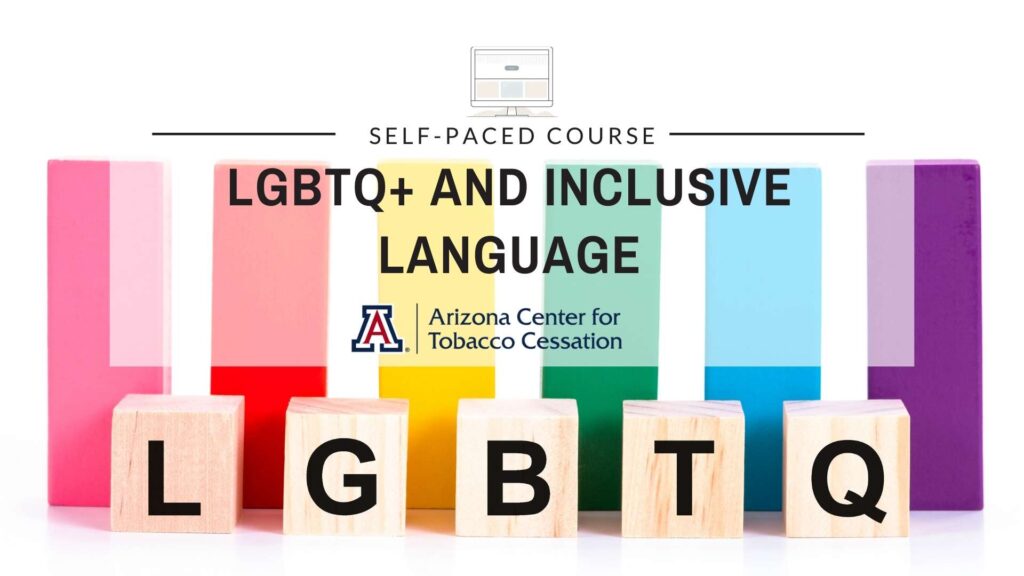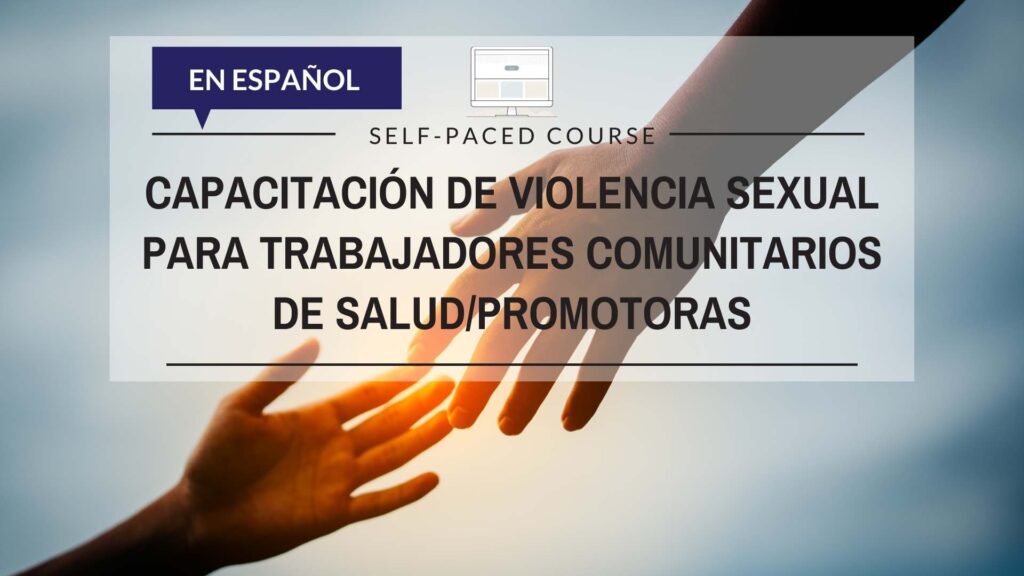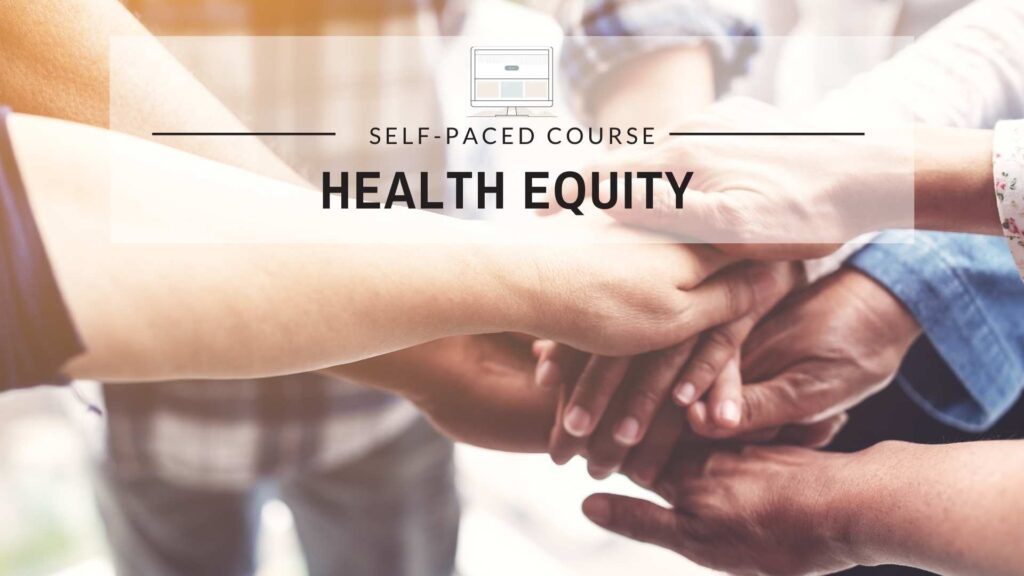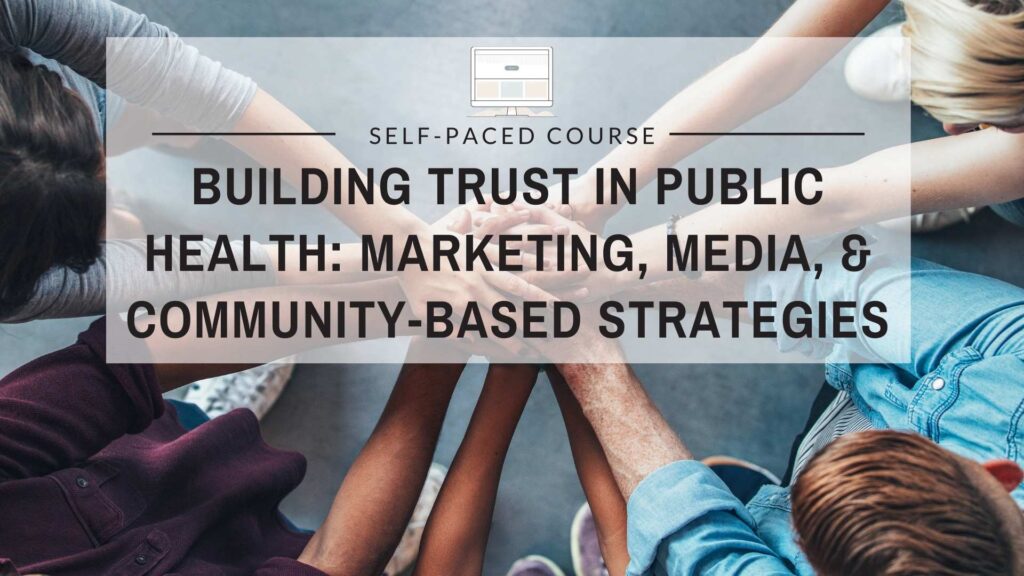The Kyah Rayne Foundation (KRF) was launched in August 2019 by Lisa Cohen in honor of her daughter, Kyah Rayne, who died of anaphylactic shock at the age of 21 after mistakenly ingesting a peanut. KRF is dedicated to advancing food allergy awareness and education. We believe that by increasing the availability of epinephrine auto-injectors and educating more people on how to use them, we can save more lives of those with food allergies.
This course is brought to you by the KRF, in collaboration with the University of Arizona College of Public Health and the Western Region Public Health Training Center (WRPHTC). While allergy research includes a broad range of allergens, such as animal and environmental allergens, this interactive online training program will focus primarily on food allergies.
Learning Objectives:
- Define keywords, identify common trigger foods, and recognize symptoms of severe allergic reactions and anaphylaxis.
- List steps in administering an epinephrine auto-injector (EAI) in an emergency.
- Identify ways to create safe and clean kitchen environments.
- Explore common examples of cross-contact in food service establishments.
- Recognize cross-role responsibilities in food service establishments.
- Explain the significance of these statements:
Target Audience: Food service establishment personnel
Duration: 10-15 minutes
Format: Web-based Training, Self-Study
Created/Updated: August 10, 2022
Author(s): Kyah Rayne Foundation
Disclosures: The planners, reviewers, and authors have no declared conflicts of interest












